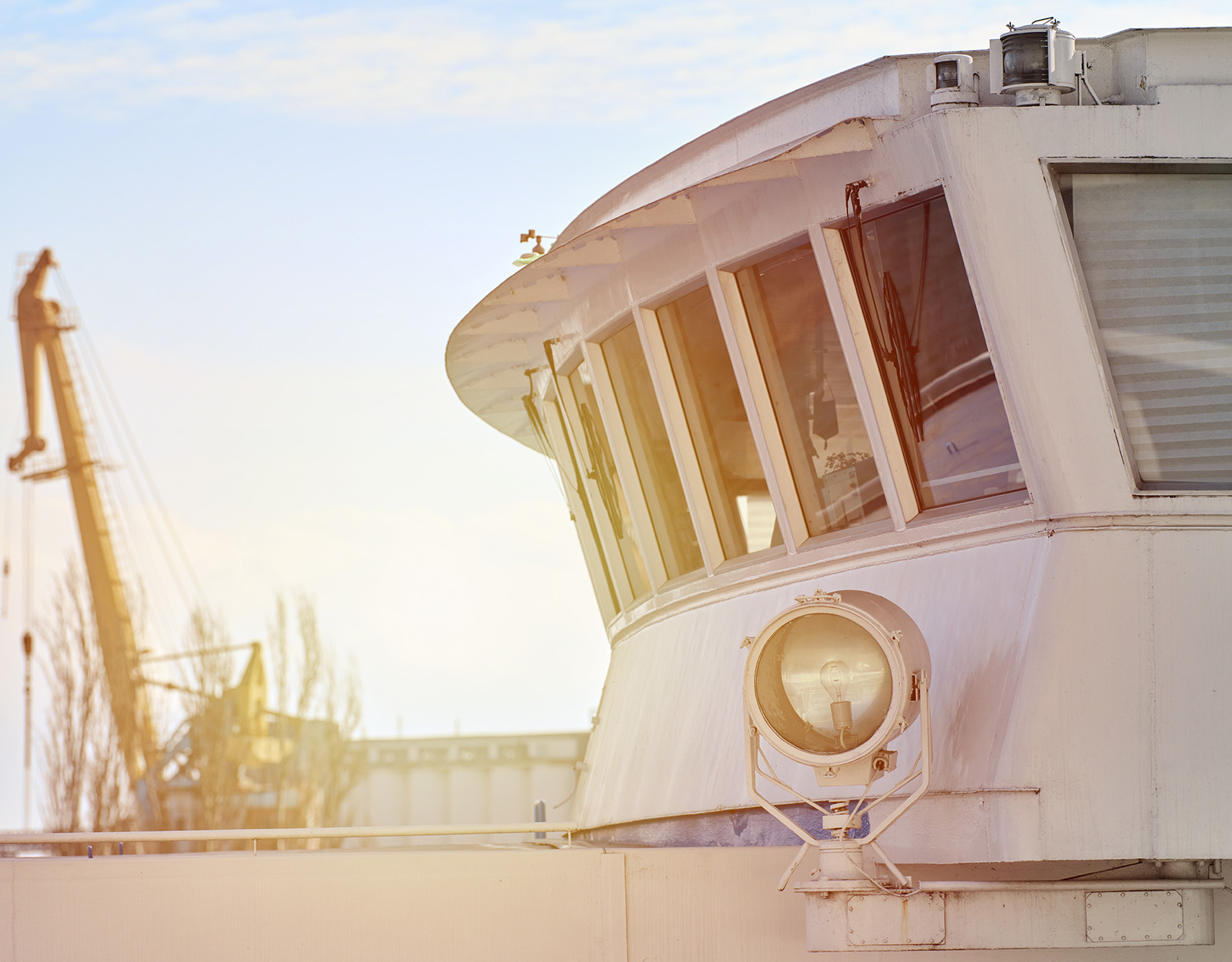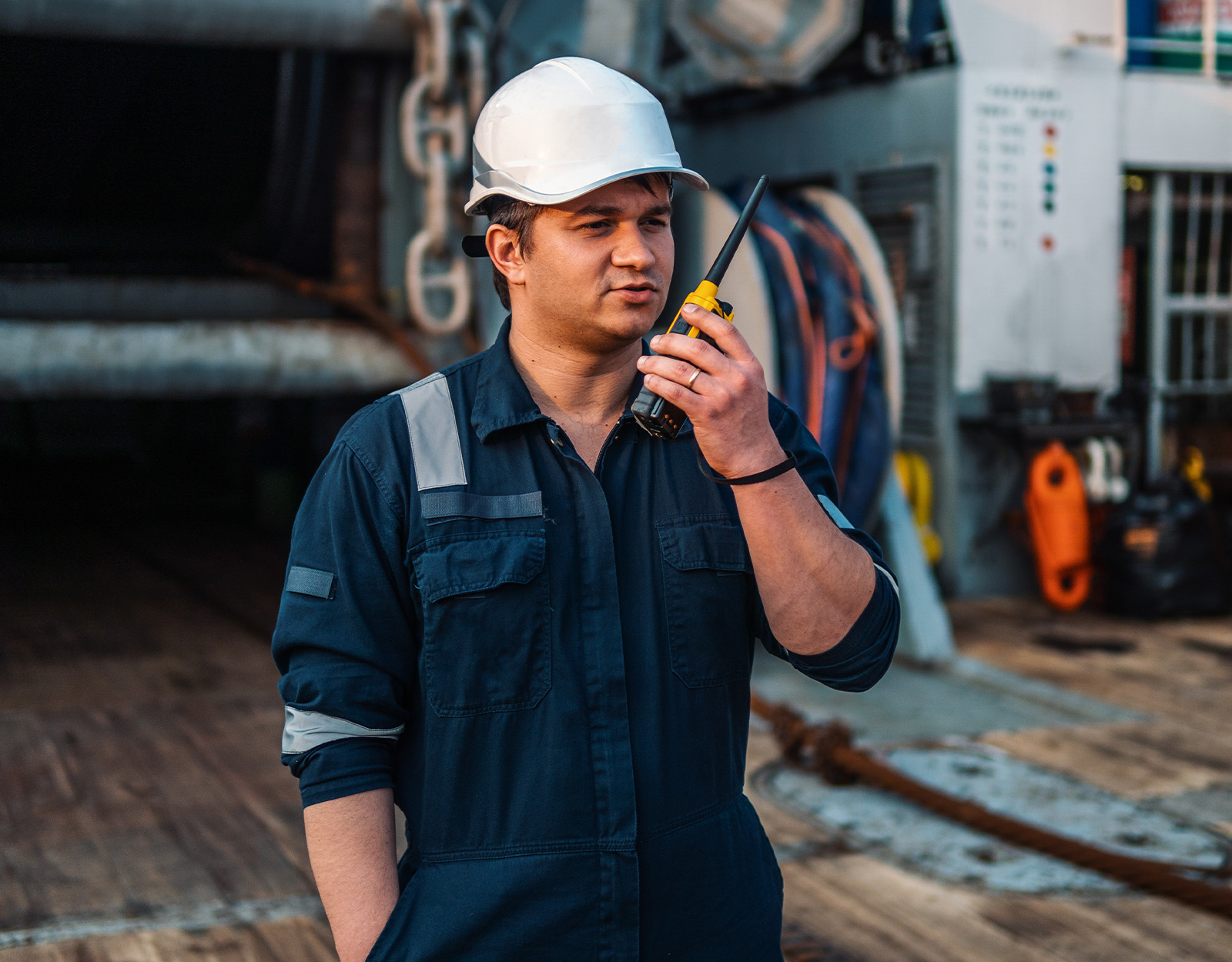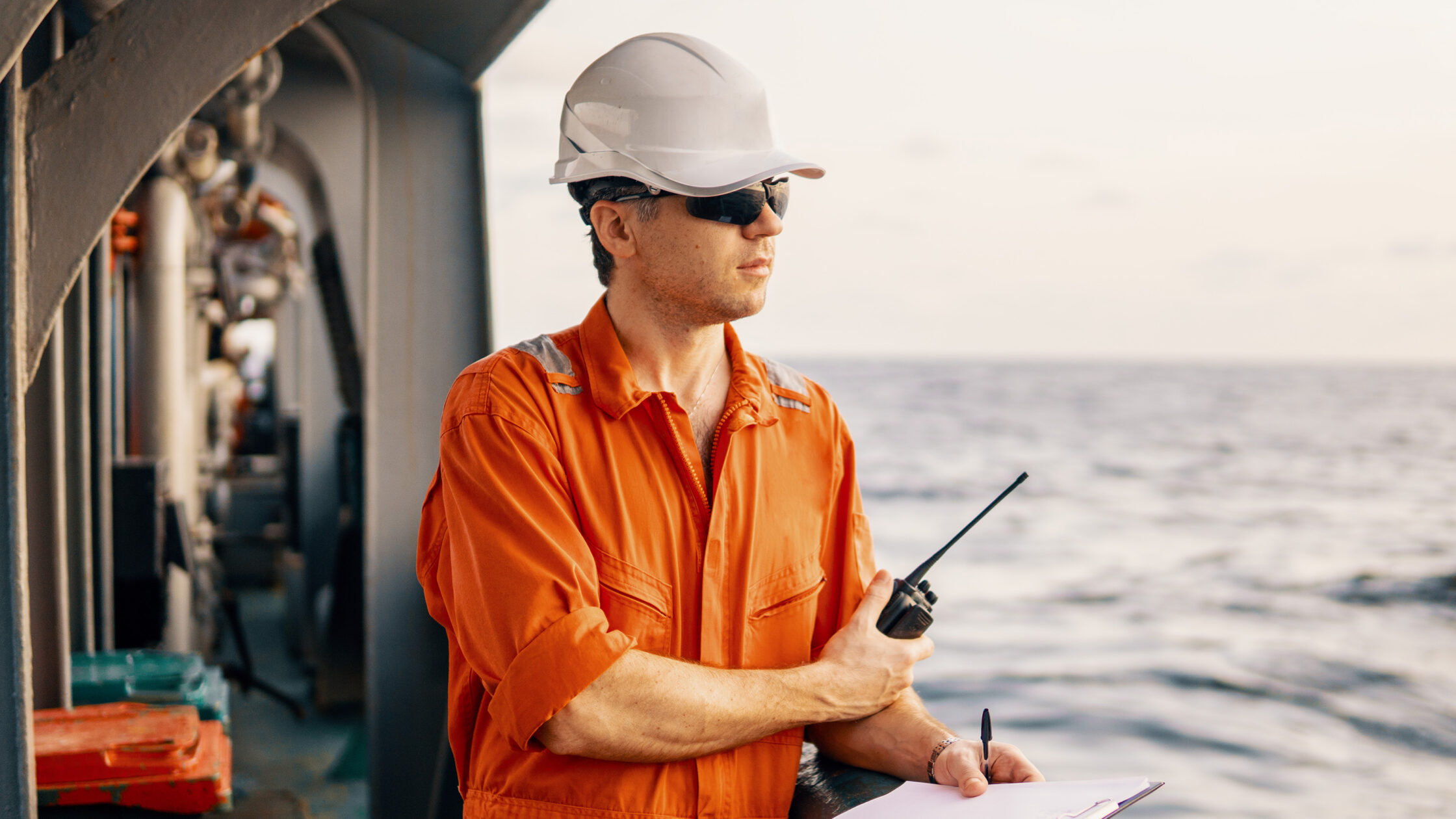Real Talk
Magna Carta for Seafarers: How It Protects OFW Parents at Sea And Why We Need It
Many seafaring parents rely on the Magna Carta for Seafarers to protect them as they provide for their families.
Besides nurses, the next most common job for OFWs is seafarers or sailors. The United Nations (UN) confirmed with a report in 2021 that the Philippines is one of the countries that exported the most seafarers. Hence, the need for the Magna Carta for Seafarers. With foreign ships finding OFW sailors more competent because of how accepting or, at least tolerating, they are of cross-cultures (Swift, 2011), many fathers and sons often sign up to be sailors and take up Bachelor of Science (BS) in Marine Transport which is available in TESDA, an agency tasked to help Filipinos develop more technical skills so that they can work and provide for their families.
The recently proposed Magna Carta for Seafarers, however, has an escrow provision which many lawyers have considered unconstitutional.

What is the Magna Carta for Seafarers?
The Magna Carta for Seafarers serves as a protection for the many seafarer dads and sons at sea. With Filipinos composing at least 30% of the seafarer population according to the Magna Carta’s explanatory note, many of these seafarers find themselves in many risky situations. And when it becomes too much, seafarers have the Magna Carta to refer to, especially with repatriation — where they can return to their home country for a variety of reasons, including mental health (Abila and Acejo, 2021).
Besides the general protection for all seafarers, they also have a section that protects women seafarers from certain forms of discrimination such as lower pay and favoritism on-board when opportunities, scholarships, promotions, and the like are involved.
The Struggle of OFW Seafarers
However, OFW seafarers may not consider repatriation as an option because it means losing their livelihood (Lamvik, 2012). This leaves them open to exploitation especially when foreign shipowners claim that they are “too expensive” to maintain (Guillot-Wright, 2021). This is what the Magna Carta of Seafarers is supposed to protect them from.
Despite the job paying in a foreign currency, it still does not alleviate the stress of the OFW Seafarer parent who leaves their partner and family behind to provide for them (Lamvik, 2012; Panganiban and Garcia, 2017). Although the internet exists to connect families, signals can be lost at sea, which makes transnational parenting more stressful. And while some want to leave after being homesick for so long, they cannot because the family needs the money to pay for all their necessities while saving up for a better future.

Here lies the problem of the escrow…
According to human rights lawyers, the Escrow Provision found in Section 51 of the Magna Carta runs counterintuitive with the provision stating:
“Any monetary award by the arbitrator to the seafarer, or the seafarer’s successors-in-interest, made whether in a voluntary or mandatory arbitration, or by the National Labor Relations Commission, shall be placed in escrow if the employer or manning agency has raised or intends to raise the decision for judicial review in accordance with the Rules of Court.
“The amount shall remain in escrow until the issuance of an entry of judgment by the appropriate reviewing court or when the employer or manning agency fails to perfect the appeal or petition for review. The fees in obtaining or maintaining the escrow account shall be paid by the employer or the manning agency.”
The proposed Magna Carta of Filipino Seafarers, Section 51—“Escrow as a Manner of Execution”
Several advocate groups and departments such as the Commission on Human Rights found it problematic and “cautioned” against it because of the possible delays it may cause. Although this revision was made to stop “Ambulance Chasing” where sailors sue each other for injuries left and right, some seafaring parents may find it more difficult to claim these benefits because of this rule, especially for medical emergencies.
Seafarers deserve the protection
OFWs often “suffer in silence” so long as it brings home the bacon. Their sacrifice is in hopes that their kids go to a good school and become successful, being able to get the dream job of their choice and lift their family out of poverty. Many OFW seafarer parents are hoping that their suggestions for the Magna Carta especially for the escrow provision be considered. After all, that money is not just for them but for their families who are struggling to make ends meet in the homeland.
References
Abila, S. S., & Acejo, I. L. (2021). Mental health of Filipino seafarers and its implications for seafarers’ education. International maritime health, 72(3), 183-192.
Guillot-Wright, S. (2021). ‘The company will fire you because you are too expensive’: a photo-ethnography of health care rights among Filipino migrant seafarers. Humanities and Social Sciences Communications, 8(1), 1-10.
Lamvik, G. M. (2012). The Filipino seafarer: A life between sacrifice and shopping. Anthropology in Action, 19(1), 22-31.
Manalo, A. R. G., Mercado, N. R., Paragas, D. F., Tenorio, J. C. C., & Dotimas, J. C. (2015). The challenges of Filipino seafarers onboard: basis for work life balance. Laguna Journal of International Tourism and Hospitality Management, 3(1), 157-184.
Panganiban, A. U., & Garcia, O. B. (2017). Contributory to stress and fatigue of Filipino seafarers. Asia Pacific Journal of Maritime Education, 3(1), 1-14.
Review of Maritime Transport 2021. (2021). In United Nations eBooks. https://doi.org/10.18356/9789210000970
Swift, O. (2011). Seafaring citizenship: what being Filipino means at sea and what seafaring means for the Philippines. South East Asia Research, 19(2), 273-291.
More about OFWs?
What is the Right Age to Give Kids a Smartphone?
Marcelito Pomoy on the OFW’s Sacrifice: “I salute all of you.”
Shamcey Supsup: How To Parent Traditional Values Today





